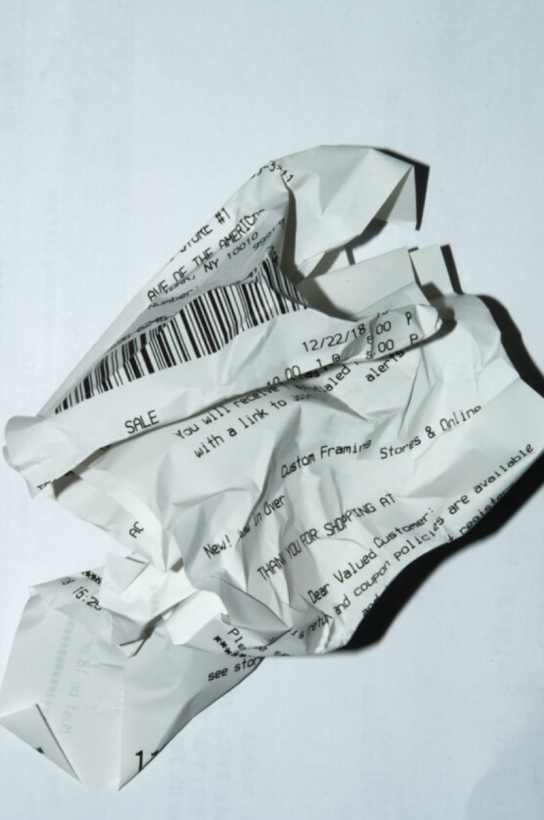Time to scrap service charges? Oklava leads the way
Published 7 July 2020

For the first time in more than 100 days, restaurants, bars and pubs opened their doors again over the weekend. As the industry adjusts to the new normal, there’s no doubt there are still challenges and issues to overcome, but it was great to see a sense of normality return.
One focal point of discussion during the lock-down period was the importance of service charges to the livelihood of hospitality staff. With the furlough scheme not taking into account the tronc payments restaurants pay their staff, hospitality employees faced up to a 50% pay cut during the coronavirus crisis.
In early June, The Sunday Times restaurant critic Marina O’Loughlin carried out a poll on Twitter asking if people would agree to putting a COVID-19 charge on bills. A whopping 90.4% said they would be happy to pay it, yet many have already decided to scrap the charge, and service charges altogether.
Selin Kiazim of Oklava kickstarted the conversation yesterday, tweeting: “We will no longer be adding the customary optional 12.5% service charge onto our bills. Instead, it will be incorporated into our menu prices.” Kiazim added “this service charge, while optional for our guests, has never been optional for us. Without it, we would not be able to pay our skilled staff the wage they deserve and would simply not have survived as a restaurant.”
On Instagram, Broadway Market’s ‘Hill and Szrok’ announced it has also followed suit. The team stated that “normal wasn’t working” and there will no longer be an option to add a service charge to the bill. “As businesses, we’ve been cashing in on a system that’s meant to be a gesture of gratitude. Tips should be a way for customers to say thanks to staff for looking after them, not to pay them for coming to work” the team continued.
We’ll certainly be watching to see what happens next and how other restaurants decide to approach the issue.
For more industry news, subscribe to the Bulletin here




